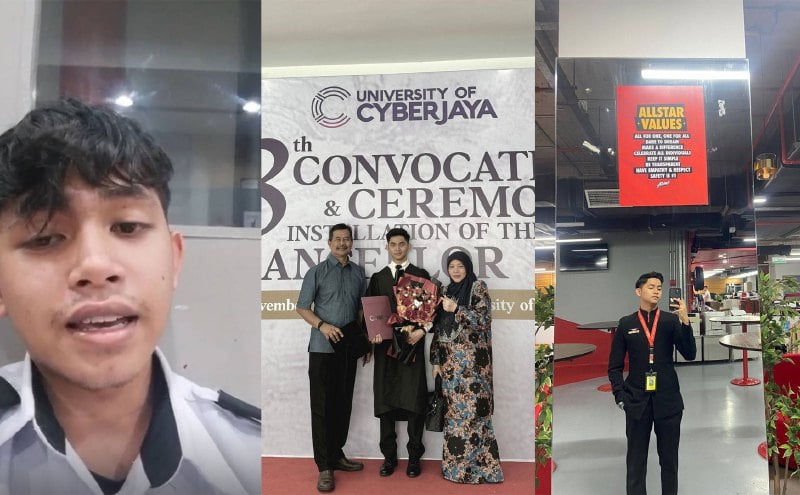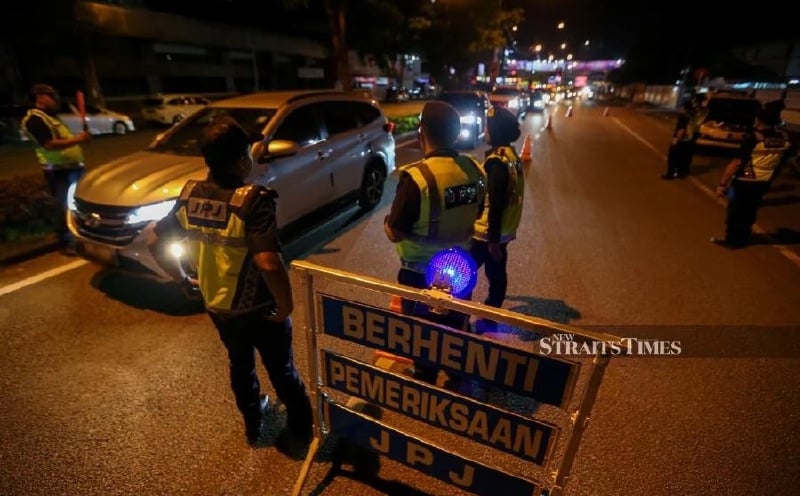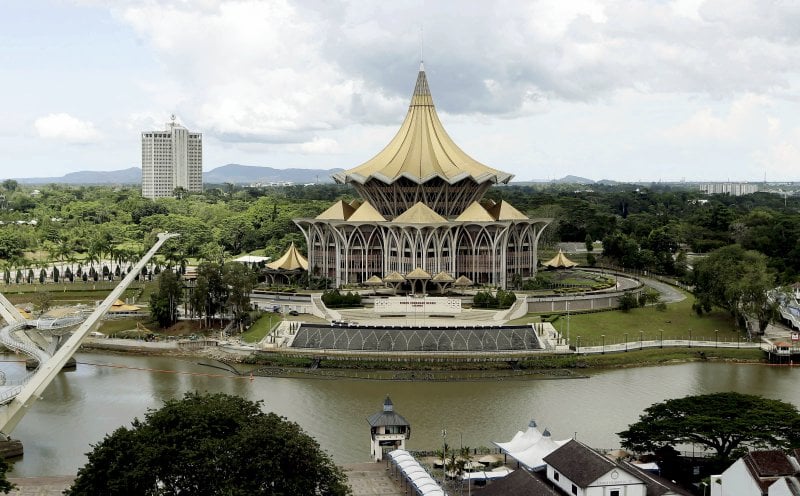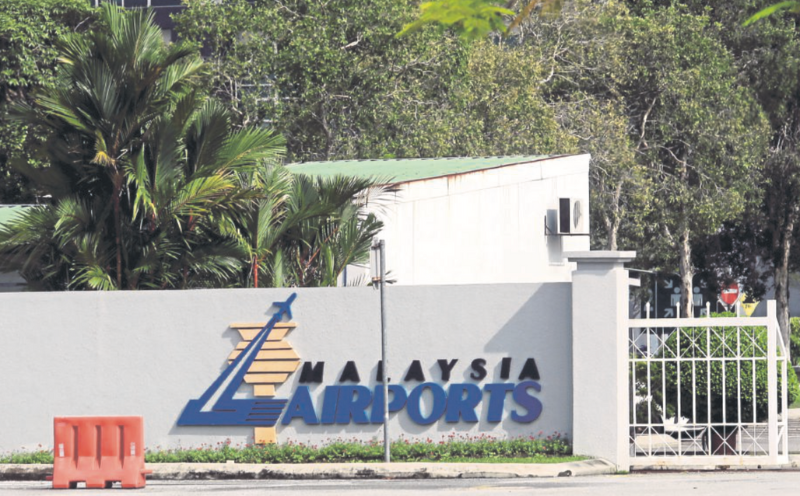FAREED Zakaria wrote an interesting piece in his column on Saturday (NST, Sept 6). He said the reason why Arab countries turned to religious extremism was because of the absence of government. In Arab countries, the government is seldom present for the people. It is always there to suppress them. This was what bred hatred against the regimes and sparked the Arab Spring across the Middle East.
We must be glad that we are different. Our government has allowed the democratic process to work and provided avenues for the people’s voice to be heard, thereby, creating a favourable climate for peace and stability.
We need, however, to improve upon what we have built by listening to the aspirations of the young and the educated, the civil society of patriotic men and women who call for reform in the areas of political and human rights, and freedom of expression. According to the Human Rights Commission of Malaysia (Suhakam), Malaysia is behind most countries in its obligations to United Nations conventions on human rights, on the protection of women, freedom of speech and religious freedom.
Our prime minister sees the need for reforms, and has pledged to abolish the Sedition Act and replace it with an amended version. Coupled with the abolition of the Internal Security Act two years ago, hopefully, there will be more space for public discourse.
Almost all countries have sedition and security laws to protect national interests. However, in democratic nations, they take care to ensure that while it is necessary to have laws to protect the country from internal and external enemies, there must be adequate safeguards to protect citizens from abuse of power by the state.
Hopefully, the new National Harmony Bill will do that for Malaysia.
Tan Sri Mohd Sheriff Mohd Kassim, Kuala Lumpur















